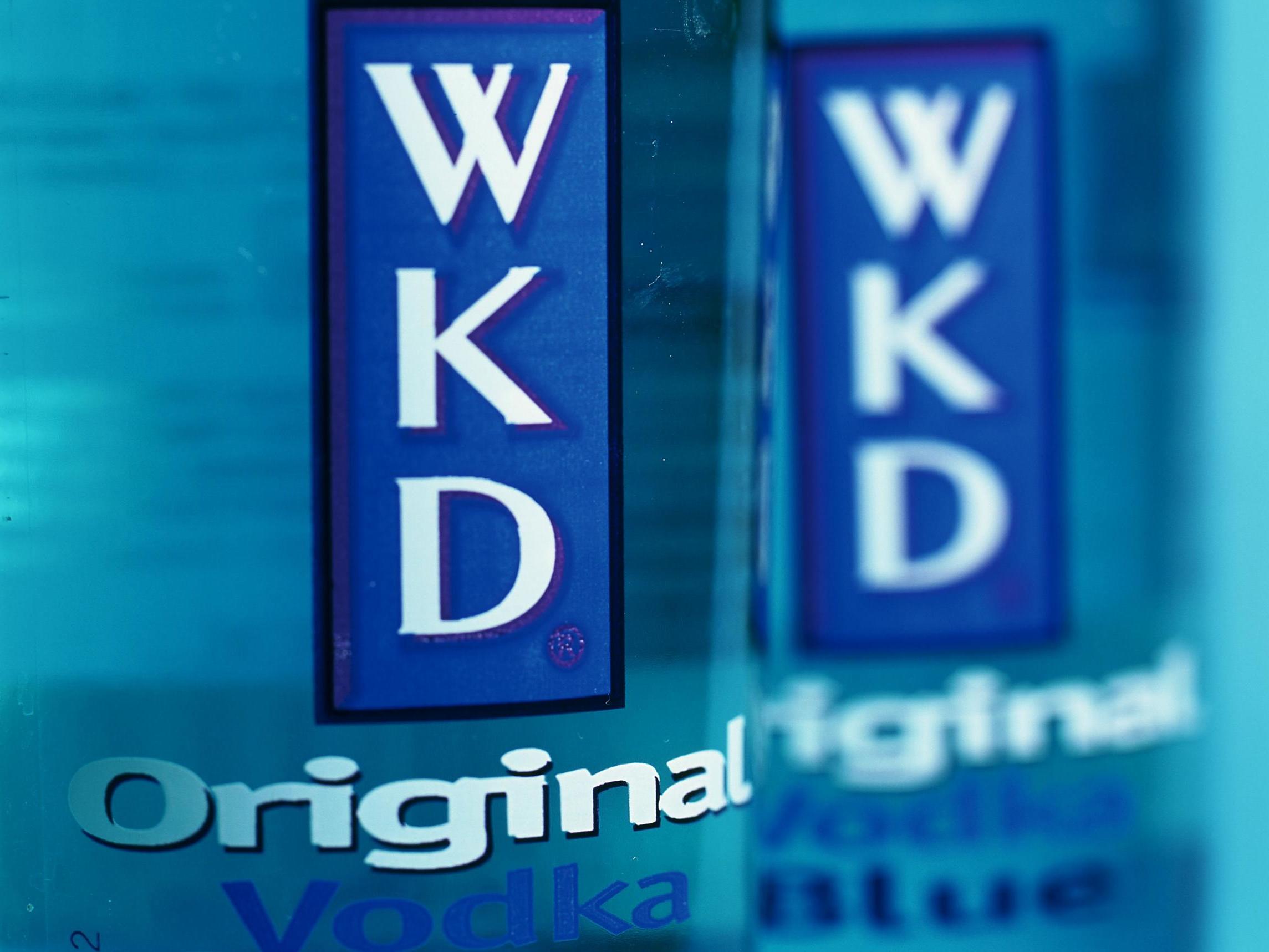Alcopops contain as much sugar as four iced doughnuts, experts warn
‘These types of drinks are often consumed without a moment’s consideration to how much sugar goes into them,’ says Action on Sugar spokesperson

Your support helps us to tell the story
From reproductive rights to climate change to Big Tech, The Independent is on the ground when the story is developing. Whether it's investigating the financials of Elon Musk's pro-Trump PAC or producing our latest documentary, 'The A Word', which shines a light on the American women fighting for reproductive rights, we know how important it is to parse out the facts from the messaging.
At such a critical moment in US history, we need reporters on the ground. Your donation allows us to keep sending journalists to speak to both sides of the story.
The Independent is trusted by Americans across the entire political spectrum. And unlike many other quality news outlets, we choose not to lock Americans out of our reporting and analysis with paywalls. We believe quality journalism should be available to everyone, paid for by those who can afford it.
Your support makes all the difference.Certain pre-mixed alcoholic drinks available to buy in supermarkets contain ”unnecessarily high” levels of sugar, experts have warned.
Action on Sugar, a UK-based charity based at Queen Mary University of London, investigated the quantities of sugar and calories found in alcoholic drinks.
The organisation assessed 154 “ready to drink” alcoholic beverages, which were sold in-store or online.
According to their findings, only 41 per cent of the drinks bought in-store had nutrition information on the packaging, while only 9 per cent of the products included “sugar” information on the labelling.
Some 250ml drinks were found to contain nine teaspoons of sugar, while a large 700ml bottle of the alcopop WKD Blue was discovered to contain 59g sugar – the equivalent of eating four iced doughnuts.
With the release of Action on Sugar’s latest research, health experts are calling on alcoholic drinks to be included in the government’s “sugar tax“.
The sugar tax, which came into effect in the UK in April 2018, charges soft drink manufacturers 24p per litre of a drink contains 8g of sugar per 100ml and 18 per litre of a drink if it contains between 5-8g of sugar per 100ml.
Professor Sir Ian Gilmore, chair of the Alcohol Health Alliance UK, affirmed that consumers “have the right to know exactly what they are drinking.”.
“This latest research demonstrates – once again – that the current system of the self-regulation of alcohol labelling isn’t working and the industry is not taking its responsibilities seriously,” he said.
“We urge the government to introduce mandatory labelling on alcohol products in order to give all of us easy access to the information needed to make healthier choices.”
Graham MacGregor, professor of cardiovascular medicine at Queen Mary University of London and chair of Action on Sugar, stated it is a “national scandal” that alcoholic beverages “are not subject to the sugar tax or any form of coherent nutrition labelling”.
“Sugary alcoholic drinks are a double burden on our health: alcohol causes serious harm, and sugar in these drinks carries the same health risks as sugar in any other food and drink, which costs the NHS billions and shortens lives,” he said.
“The new government needs to act now by taking control of the alcohol industry and stop them from exploiting vulnerable young adults.”
The study outlined that a 250ml can of Asda Vodka Lime and Lemonade contains 12g of sugar, a 250ml can of Classic Combinations Pink Gin and Tonic contains 27g of sugar and a 250g can of Classic Combinations Rhubarb Gin and Ginger Ale contains 20.8g of sugar.
For comparison, one McVitie’s Jaffa Cake contains 6.4g of sugar.
Holly Gabriel, a registered nutrition on Action on Sugar, said the new research marks the “first time a survey of this kind has been conducted”, with the results highlighting “an immediate need for alcoholic drinks to be included in vital public health policies”.
Katharine Jenner, campaign director at Action on Sugar, explained that drinks such as “gin in a tin” have become such a “cultural phenomenon”, that often people will buy and consume them “without a moment’s consideration to how much sugar and alcohol goes into making them”.
“Even if you did want to know, you can’t make a healthy choice as only one in 10 of the products surveyed had enough information available,” Jenner stated.
“If consumers knew how much sugar was really in these drinks, would they still happily choose to drink their way to tooth decay, obesity and type 2 diabetes?”
Join our commenting forum
Join thought-provoking conversations, follow other Independent readers and see their replies
Comments